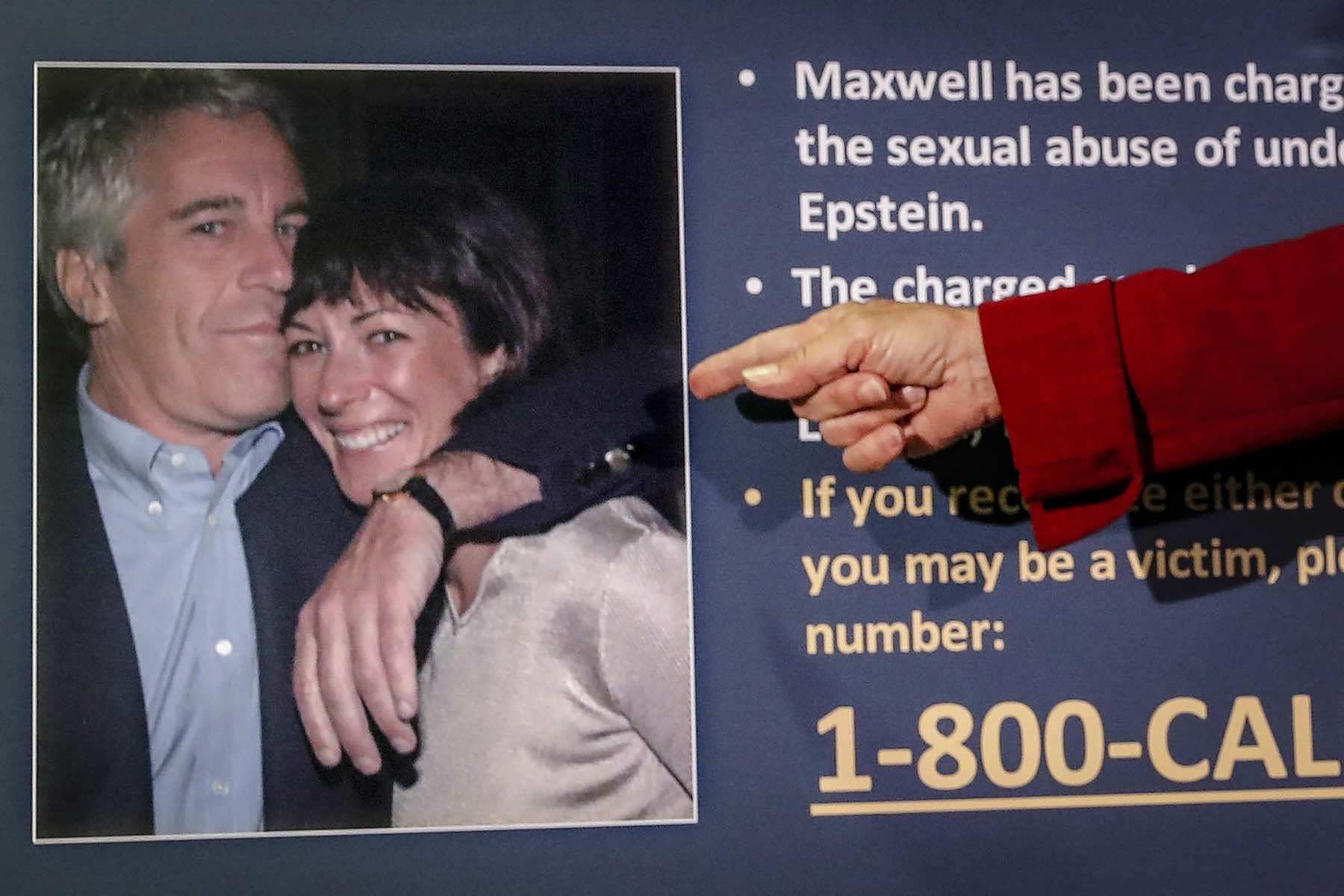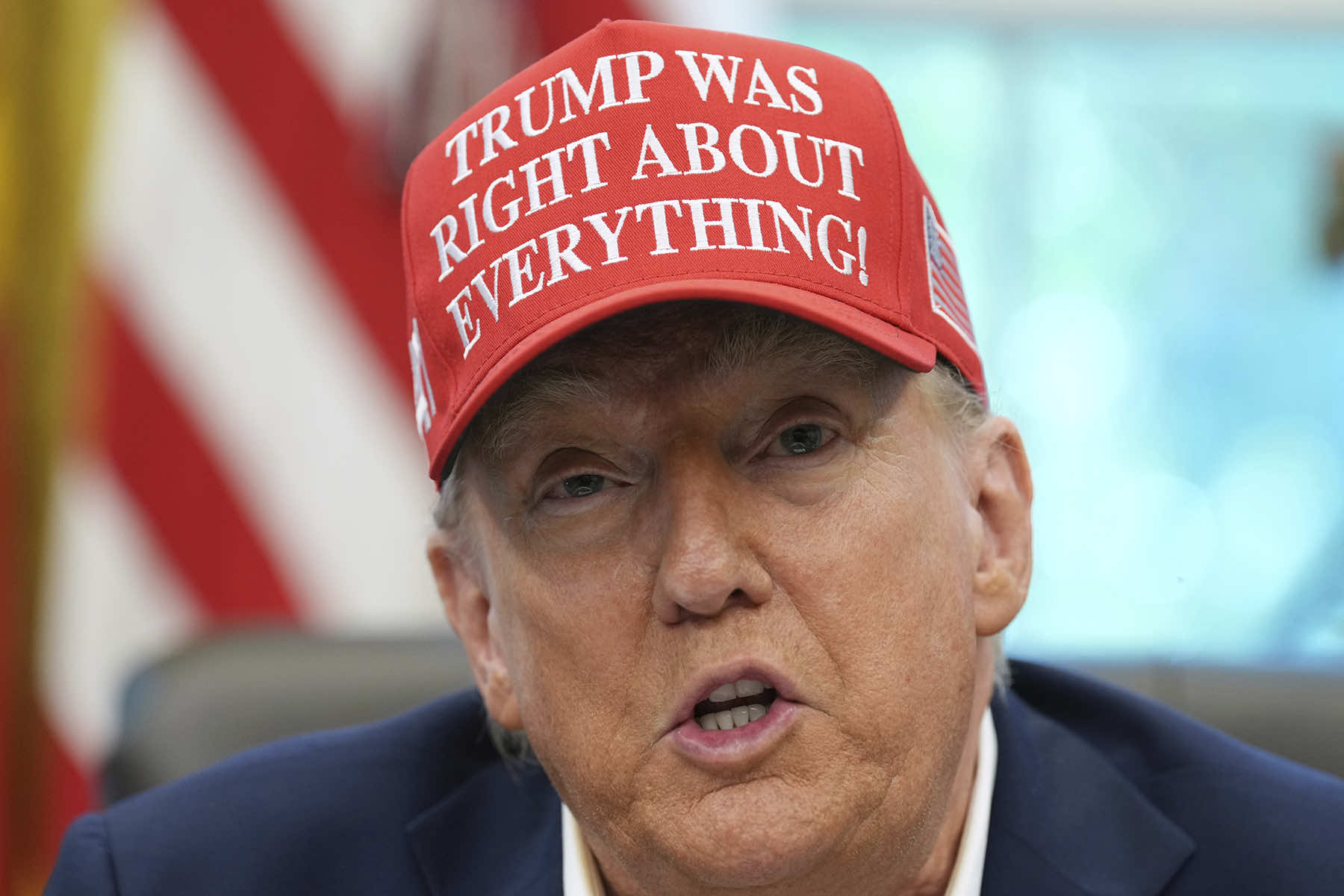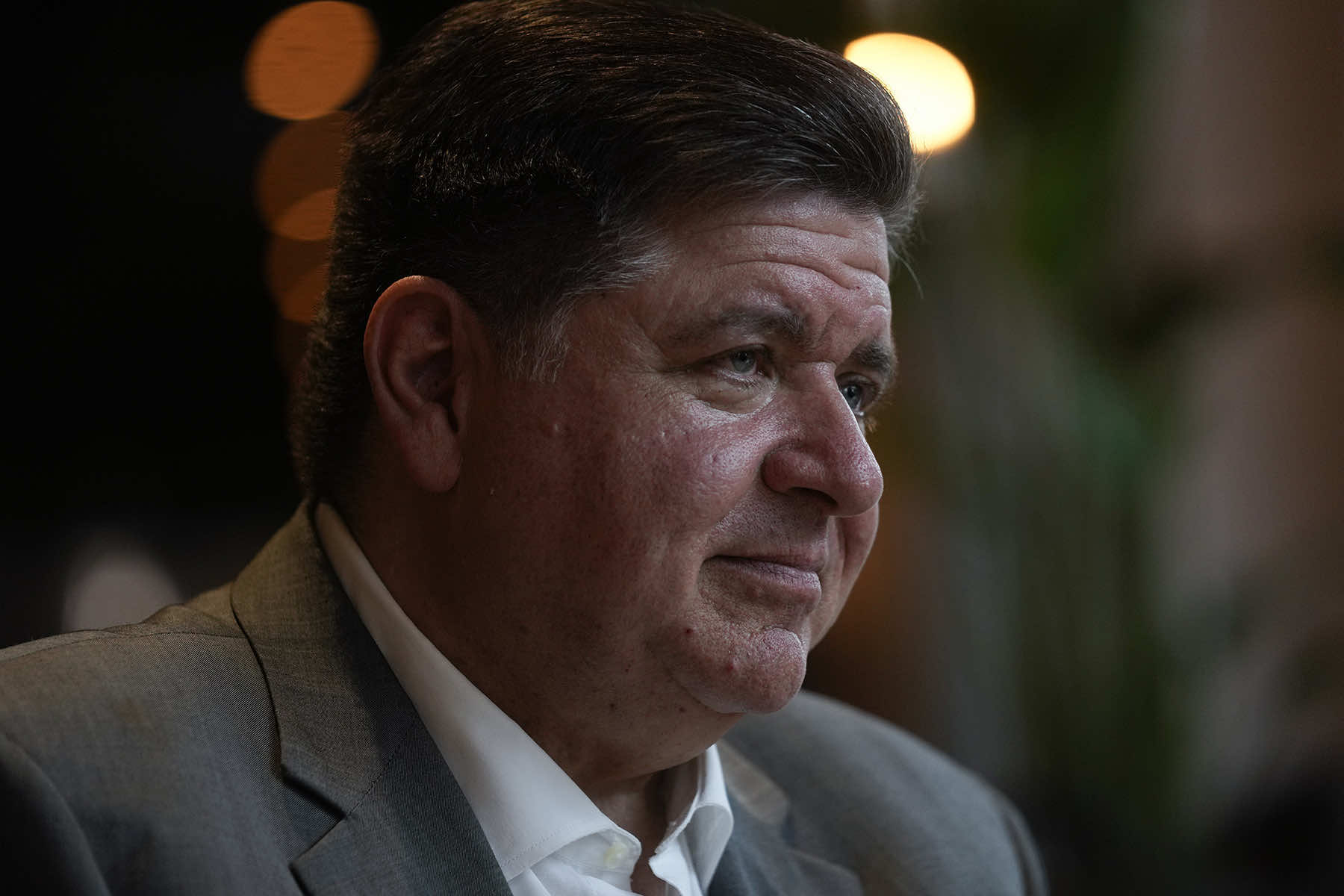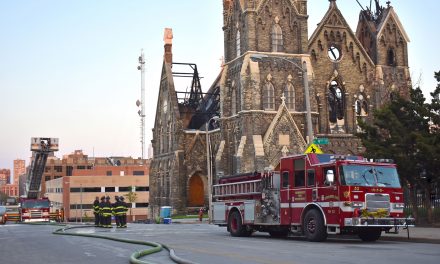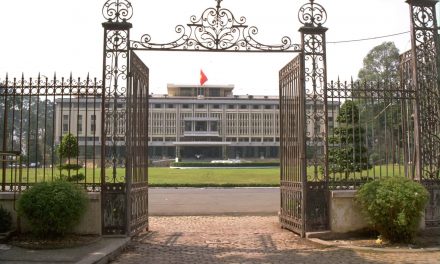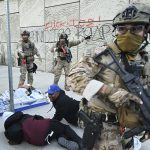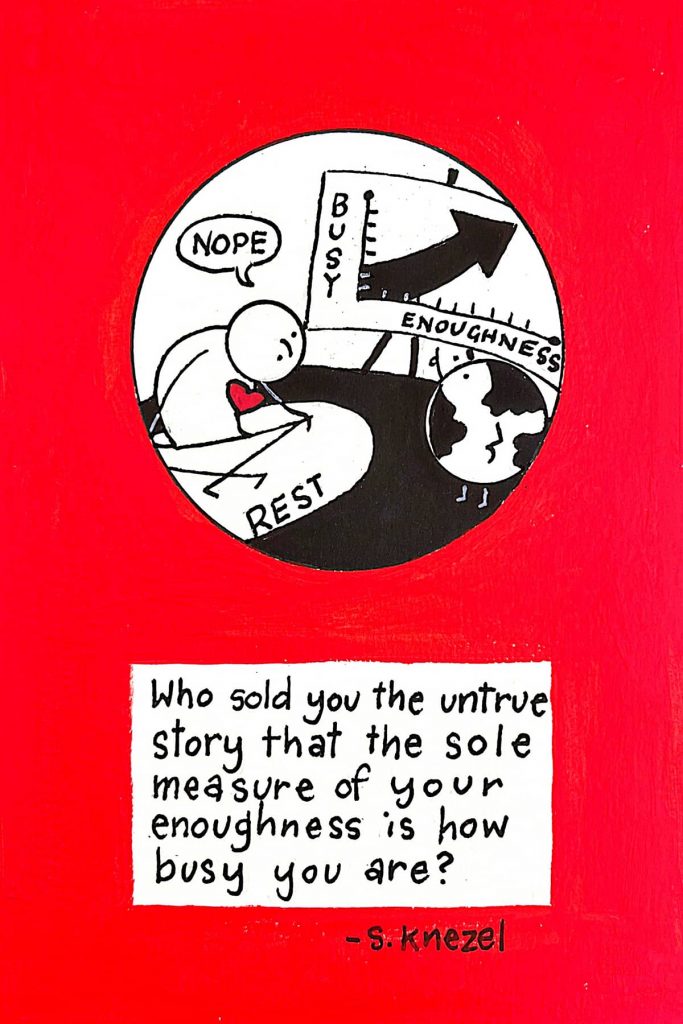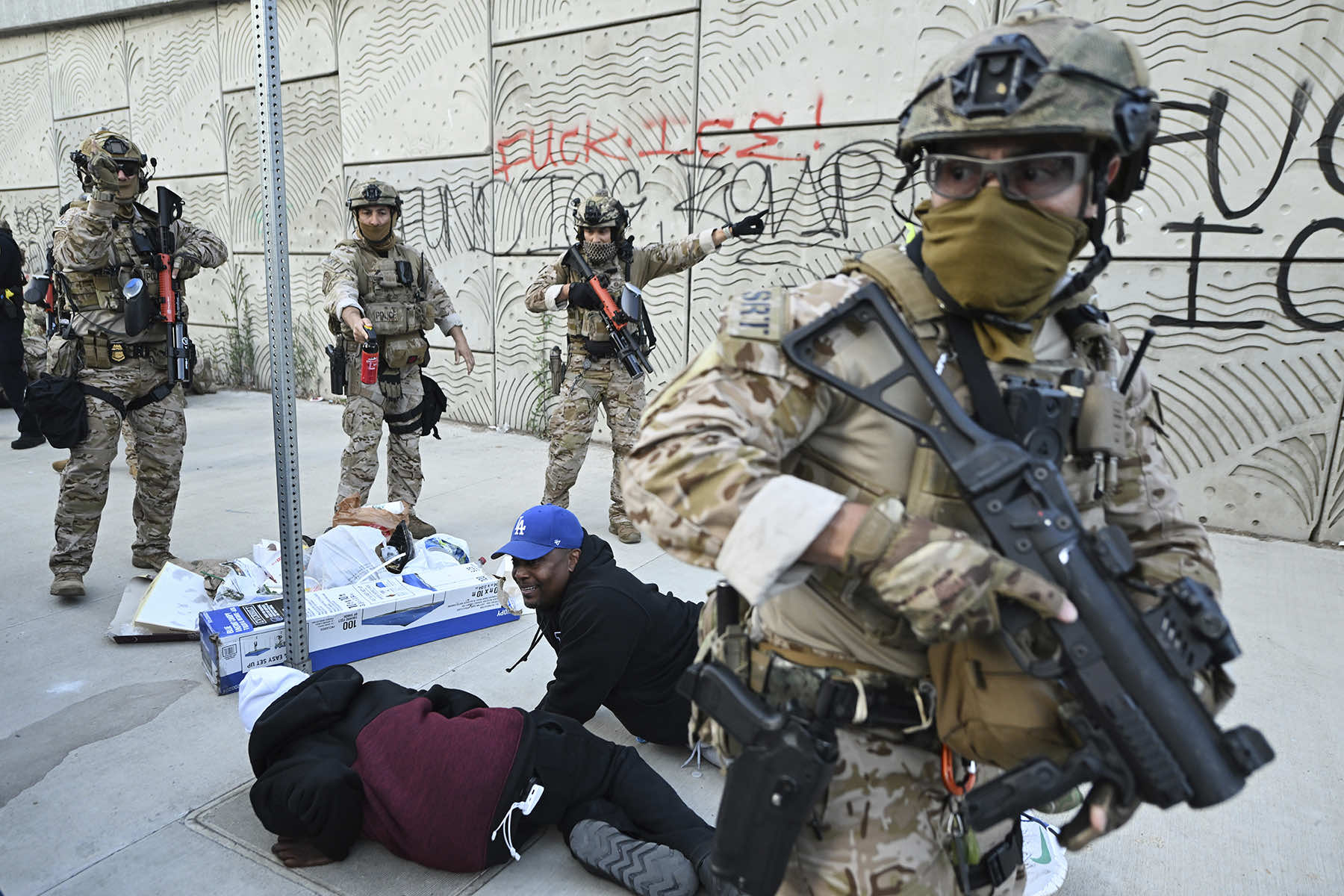
Donald Trump, a convicted felon facing widespread scrutiny over his relationship with convicted sex offender Jeffrey Epstein, is scheming once again to defy the constitutional limits of his office.
The brazen plan involves deploying federal forces into more American cities without consent or justification, even as a federal judge ruled on September 2 that his previous military actions in Los Angeles were illegal.
In back-to-back developments on the same day, the Trump regime was found to have “willfully violated federal law” in its deployment of National Guard troops to Los Angeles without state approval, while Trump simultaneously announced plans to send federal law enforcement and military personnel into Chicago and Baltimore despite explicit objections from governors and mayors.
The move signal a dangerous escalation in his authoritarian approach to domestic governance, bypassing the rule of law in what critics warn is a clear attempt to militarize American streets for political gain.
The September 2 ruling, issued by U.S. District Judge Charles Breyer in San Francisco, concluded that Trump broke the law by ordering troops into California after mass protests erupted in response to his immigration raids.
Judge Breyer specifically cited violations of the Posse Comitatus Act, a cornerstone of American civil-military separation, which prohibits the use of the military for domestic law enforcement except under strictly limited circumstances.
Judge Breyer’s ruling detailed how troops, often wearing facial gear that obscured their identities, were used to create militarized perimeters, erect blockades, and even join federal raids on marijuana nurseries. These actions, he wrote, went far beyond what the law allows and exposed the administration’s intent to “execute domestic law beyond their usual authority.”
“The government knew what it was doing was illegal,” the ruling stated. “They deliberately ignored safeguards, bypassed local coordination, and even coached federal agencies on how to frame requests for military assistance.”
Despite the clarity of the ruling, the White House signaled plans to appeal. “Once again, a rogue judge is trying to usurp the authority of the Commander-in-Chief to protect American cities from violence and destruction,” said spokeswoman Anna Kelly, echoing Trump’s repeated attempts to paint legal accountability as partisan sabotage.
But it is not rogue judges undermining American institutions. It is the sitting president, a convicted criminal himself, who continues to trample constitutional norms with impunity.
Trump’s actions are not isolated. Shortly after the California ruling on September 2, Trump publicly declared that he will move ahead with sending federal law enforcement into Chicago and Baltimore, dismissing local leaders’ objections and asserting, “We’re going in… We have the right to do it.”
This is not a legal gray area. It is a fundamental violation of federalist principles enshrined in the Constitution. While past presidents have federalized the National Guard under extreme circumstances—such as civil unrest or natural disasters, Trump is exploiting this power for overtly political purposes.
His justification? The alleged need to “fight crime” in cities governed by political opponents.
What the administration labels as “protection” is, in effect, an occupation by a hostile military force. Trump’s obsession with spectacle over substance is evident in the staging of militarized “show of force” events, such as the March of troops through MacArthur Park in Los Angeles, where 4,000 National Guard soldiers and 700 Marines were originally deployed.
Even Army Major General Scott Sherman, who commanded the deployment in California, testified that he was concerned the plan violated the Posse Comitatus Act. Yet his concerns were dismissed under the flimsy rationale of a “constitutional exception.” That argument failed in court, and should fail in the court of public opinion.
The chilling implications of this precedent cannot be overstated. As law professor and retired Army Lt. Col. Daniel Maurer noted, the Trump regime’s approach represents “the most aggressive use of the military domestically when the facts to support them are extremely weak.”
In other words, there is no real emergency — only the illusion of one, manufactured by a president desperate to distract from his ongoing scandals.
Notably, Trump’s threat of military action comes at the exact moment when new Epstein-related documents are drawing public scrutiny, and Congress has resumed session after its summer recess.
It is not a coincidence. It is a calculated deflection.
Local leaders in Illinois and Maryland have vowed legal resistance, Governor JB Pritzker said he would “not call the president asking him to send troops to Chicago,” and Maryland Governor Wes Moore said he opposes any intervention in Baltimore. Yet Trump is undeterred. He is exploiting the very machinery of federal power to wage a war not on crime, but on dissent.
“Authoritarians thrive on your silence,” Governor Pritzker said. “Be loud for America.”
Chicago has been bracing for the expanded federal presence, with activists, pastors, schools, and other groups prepared for the deluge of national attention.
Trump claimed that his occupation of U.S. cities was not political, in a stage briefing from the Oval Office. But everything about his approach is political. The timing, the targets, the rhetoric, and the total disregard for constitutional limits.
Illinois Attorney General Kwame Raoul called the plan “purely performative.” When a sitting president overrides state sovereignty, flouts court rulings, and uses soldiers illegally against civilians for personal or political gain, it is not just performative. It is authoritarian.
If Trump’s intention were truly to reduce crime, he would not be ignoring the facts on the ground. Crime in Chicago has been falling, according to both city and state leaders. What Trump calls a crisis is, in fact, a fiction designed to manufacture consent for his unlawful use of military force.
“We have an obligation to protect this country, and that includes Baltimore,” Trump said, invoking the language of duty while preparing to violate the very laws he swore to uphold. But duty does not grant impunity. And the power to protect does not include the power to punish political opposition.
There is no legitimate constitutional basis for a president to unilaterally override state authority when governors and mayors explicitly reject military intervention. Yet Trump is pressing forward, because for him, the law is not a system of rules — it is a weapon. One to be used selectively, to bludgeon enemies and shield allies.
This is what authoritarianism looks like in real time in the 21st century. Not in hindsight. Not as a cautionary tale in a history book. But now, on our watch.
The politically motivated promise to release the Epstein documents helped propel Trump back to power, where he has since taken no steps toward transparency on Epstein, and his administration has worked to block any accountability tied to those files. For weeks, Trump has tried everything to dominate the news cycle with distractions from Epstein. Now it seems in order to change the subject he is resorting to tanks on American streets.
The White House’s own tally of arrests, more than 1,650 since early August, also reveals the scope of his campaign of intimidation. Not arrests for terrorism. Not organized crime rings. But broad sweeps conducted by federal agents in cities where Trump has sought to send a message.
And the message is clear: if you defy me, I will send in the troops. This is rule by threat. Rule by fear. Rule without accountability.
The silence from many Republican officials is telling. Instead of defending the Constitution, they have enabled its erosion. Their complicity has allowed Trump to expand his power unchecked, laying the groundwork for a presidency that no longer answers to courts, to Congress, or to the will of the people.
Democratic Governor Gavin Newsom, in his response to the California ruling, said it plainly: “No president is a king — not even Trump.”
But that is exactly how Trump is acting, and why this moment requires moral clarity, not more media euphemisms.
It is not enough to say that Trump is “pushing boundaries.” He has crossed them. It is not accurate to say he is “testing legal limits.” He is breaking them — willfully, repeatedly, and without remorse. The federal court used that word specifically: “willfully.” That alone should disqualify him from the office he now holds.
Every president takes an oath to “preserve, protect, and defend the Constitution of the United States.” But Donald Trump has treated that oath like a dare. And the institutions designed to constrain him — courts, press, even elections — are being worn down with each assault.
When supporters chant “law and order,” they ignore the fact that their leader has been convicted of felonies and found to have violated federal law in office. They ignore the court rulings, the indictments, the abuses of power, because for them, it is not about law. It is about loyalty and retribution. That is not patriotism.
And to those who still believe that Trump’s behavior falls within the bounds of democracy, history offers its own warnings. People ask how Germany, a modern democracy, could have fallen into dictatorship in the 1930s. The answer is not some mystery. It’s the same answer we’re living through now: silence, denial, normalization, and fear.
If Americans really love their country, we cannot look away. We cannot sanitize what is happening.
If we do, we risk losing the very foundation of what makes this country a democracy, the idea that no one is above the law. Not even a man convicted of more than 30 felonies and re-elected to the office of President.
© Photo
Erin Hooley (AP), Jacquelyn Martin (AP), John Minchillo (AP), and Wally Skalij (AP)

